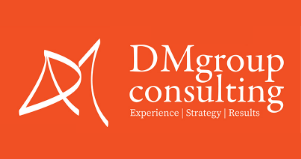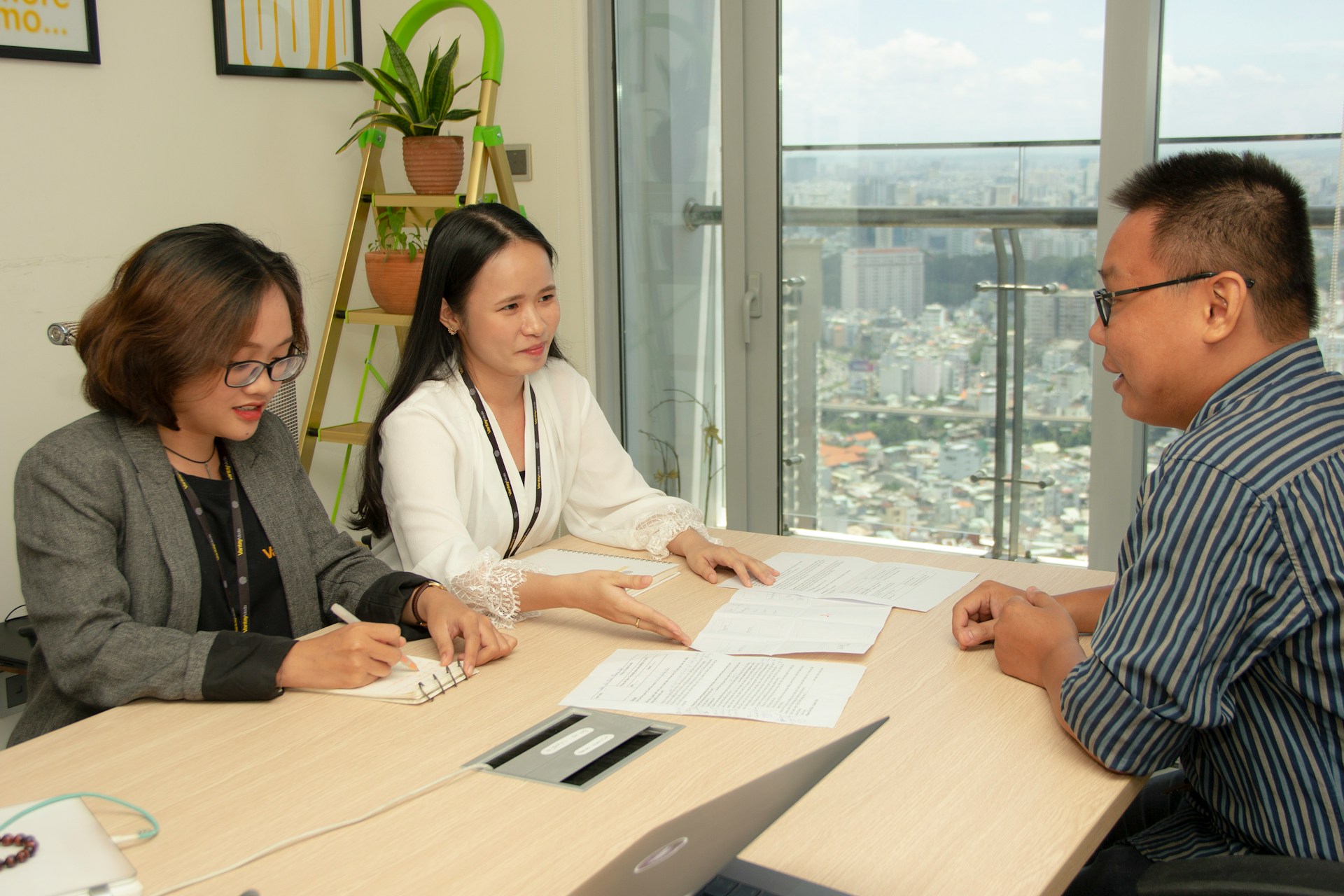Grant applications can be the lifeline for many nonprofit organizations aiming to fund their meaningful projects and reach their goals. These applications pave the way for nonprofits to gain financial support crucial for their activities. Yet, amidst the eagerness and hard work lies a common challenge: dealing with rejected applications. For many, facing a rejection can feel like a setback, but understanding the reasons behind it can transform each experience into a learning opportunity.
This article dives into the reasons why grant applications often don’t make the cut and offers practical solutions to fix the issues. We aim to help you navigate the application process with more clarity and less frustration. By identifying common missteps and offering clear steps to address them, you’ll transform obstacles into stepping stones towards success.
Common Reasons Grant Applications Get Rejected
Successful grant applications align perfectly with the funder’s goals and priorities. One of the primary reasons applications get rejected is a misalignment in these areas. If your proposal doesn’t resonate with what funders are looking to support, it’s more likely to be passed over. It’s important to show how your project aligns with their mission and objectives.
Another common issue is submitting incomplete or weak applications. Missing information or poorly articulated ideas can make it difficult for decision-makers to see the value in your project. Ensuring every section is complete and clearly expresses your project’s purpose and potential impact is key.
Budget proposals can also trip up applicants. Submitting a budget that seems unrealistic or lacks detailed breakdowns can raise red flags. Funders want to know exactly how their money will be used and if the costs are reasonable.
Lastly, attention to detail is crucial in writing and presentation quality. Spelling or grammatical errors, as well as a lack of organization, can give an impression of carelessness. It’s essential to craft a polished and professional document that reflects your dedication and competence.
Identifying the Issues in Your Grant Applications
Discovering where your application fell short is the first step to improvement. Here are some tips to help pinpoint the issues:
– Thoroughly read the grant guidelines to ensure you understand what the funder is seeking.
– Align your project’s goals with the funder’s mission and objectives.
– Conduct a self-assessment of past applications to spot recurring mistakes or areas for improvement.
By thoroughly addressing each of these areas, you increase the likelihood of crafting an application that not only meets but exceeds expectations. This approach not only improves your current submission but also builds your capacity for future grant readiness.
How to Improve Grant Readiness
Improving grant readiness can significantly boost your chances of success. A great way to start is by creating a detailed checklist for each grant application. A checklist not only helps in organizing the application process but also ensures that no important elements are missed. This thorough approach builds a strong foundation for all your submissions.
Enhancing your writing and presentation skills is another key area. Grants are often competitive, and clear, engaging writing can make your application stand out. Consider attending workshops, or collaborating with skilled writers who can help refine your proposals. Visual appeal matters too, so pay attention to the overall format and layout.
Building a team dedicated to grant writing can provide a range of benefits. Having experts on board allows for a diversity of insights and skill sets, leading to stronger applications. It also means that each person can focus on their area of expertise, whether it’s writing, financial details, or ensuring alignment with funders’ priorities.
Seeking feedback and conducting mock reviews before submission can also polish your application. By simulating the evaluation process, you can identify weak spots before actual submission. Regular feedback from peers or mentors ensures that the final proposal is as compelling and complete as possible.
Tips for Strengthening Future Applications
For future grants, personalizing your application to fit each funder is crucial. Tailoring proposals means understanding the unique goals and priorities of the organization you’re applying to, and ensuring that your proposal highlights shared interests. This kind of personalization displays genuine engagement and understanding.
Crafting clear, concise, and compelling narratives for your applications makes them more attractive to funders. Storytelling techniques can illustrate your program’s potential impact vividly, helping decision-makers visualize the difference their funding could make.
Regular training and professional development can also keep your grant writing skills sharp. Staying informed about the latest trends and techniques in grant writing ensures that your submissions remain competitive.
Finally, cultivate relationships with potential funders. Connecting with them before applying can provide valuable insights into what they truly value. These relationships can often lead to more tailored applications and might even give you an edge over other candidates.
Moving Forward with Confidence
Taking a proactive approach towards understanding and improving your grant application process lays a solid groundwork for future projects. By addressing common pitfalls and emphasizing personalization and skill development, you’re setting yourself up not just for one success, but for long-term achievement.
Every grant application is a learning journey. By applying these practices, you convert each rejection into a powerful lesson for future applications. Grant writing might require patience and persistence, but with the right strategies and a dedicated approach, securing that essential funding becomes much more achievable.
Building effective strategies for grant readiness can feel daunting, but you’re not alone in the journey. At DM Group Consulting, we understand the intricacies involved and offer tailored services to help elevate your grant application’s success. Explore our grant readiness offerings to find support in refining your approach and achieving the results your organization deserves. Let our expertise guide you on the path to securing vital funding.




